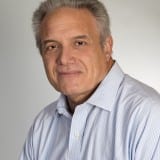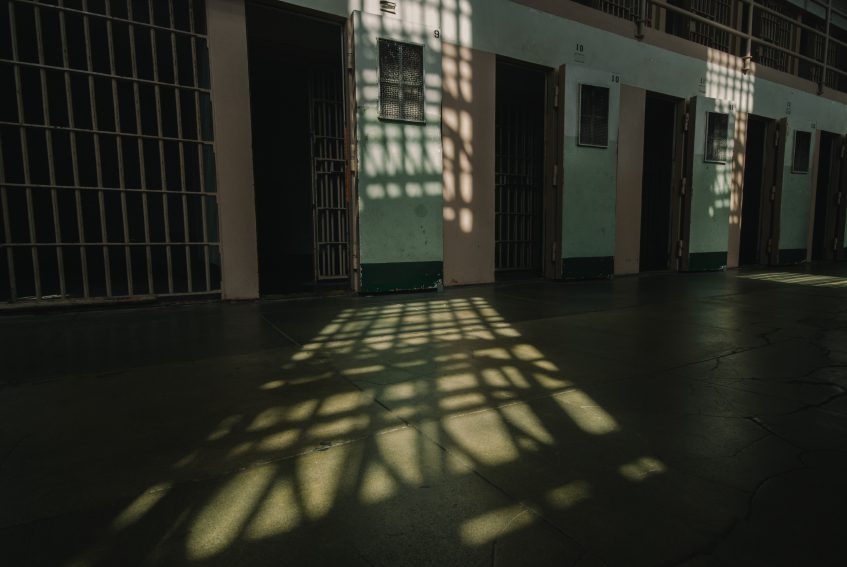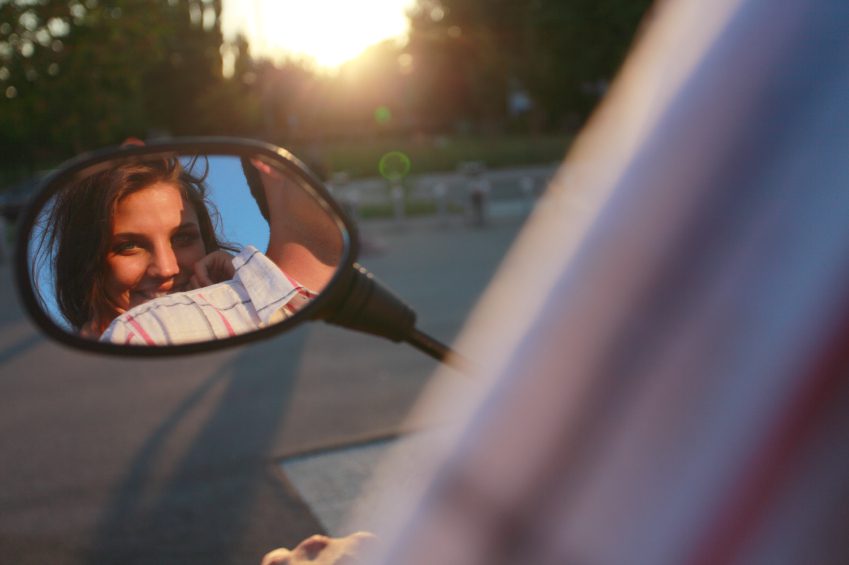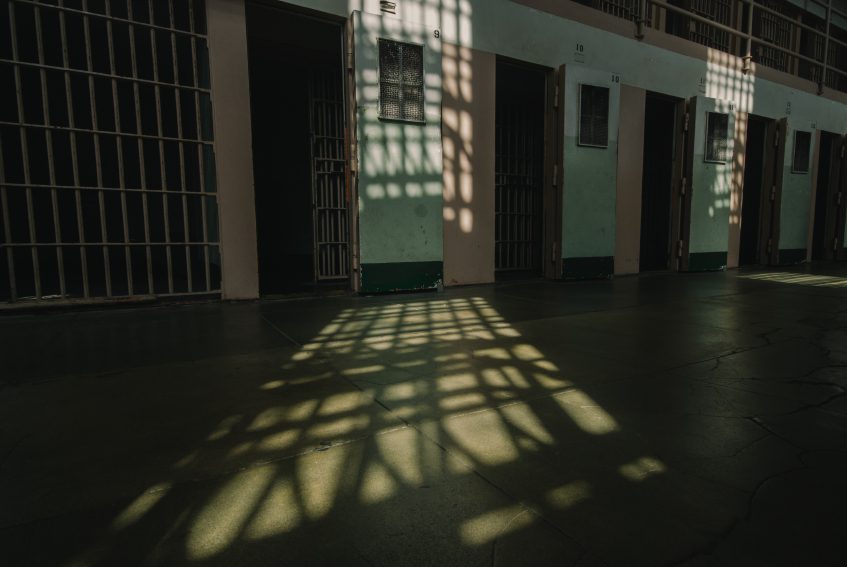What Incarcerated Dads Can Learn From the Transformation of Andre Dubus
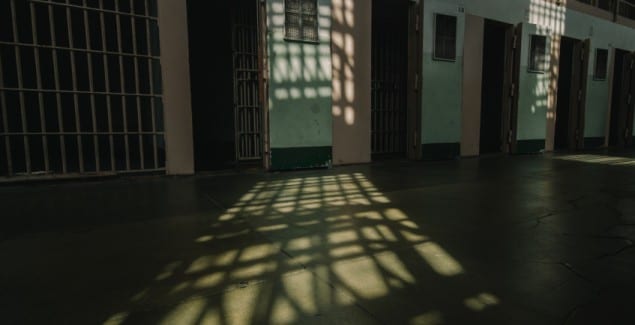
Posted in: You & Your Family
Topics: Relationships
Where did you spend Hurricane Sandy, the super storm that ravaged the East Coast in October 2012?
I was fortunate enough to have a book that I didn’t want to put down, so this made the two-and-a-half days of snow and wind that caused a tree to crush my car seem less important. I was reading Andre Dubus’ memoir Townie, which tells the story of his economically-disadvantaged, violent life in Haverhill, MA until age 25. Oh, did I mention that he grew up as one of four children in a home in which impoverished drug addicts, thieves and thugs would enter at will to urinate in the hallway while his father lived 20 minutes away on a college campus as a teacher? His father still came to visit for holidays, though, and that provided the perfect recipe for a host of familiar problems: absent father, father hunger, father…stuff. Rage, really, compounded and confused by resentment, confusion, helplessness and humiliation. These swirling feelings dominated Andre’s inner life.
As Andre explains in this video of my interview with him, he was beaten up and humiliated by peers until 14, the age at which he witnessed his younger brother being attacked by a much older man from the neighborhood. Andre “snapped.” He started exercising, lifting weights and boxing to become physically strong.
It worked! He became a teenager seething with rage, now supported by one-punch knockout strength. He taught himself to keep his fist curled, his weight on his back foot, and his hips nimble so that his timing of the first punch always came a half second before his street adversary—there were no follow-up punches. His desire, his need to fight continued to age 24, when he realized his life was going to end in prison, death, or both. He decided to change, to move in a different direction, to make different choices. He writes of his transformation in seven moving pages toward the end of his memoir.
As I teach the incarcerated dads at MCI Shirley and MCI Concord, I think of Andre, of whether these men, all to be released soon, can find a way to feel strong, to feel like a man, without trying to solve their problems with violence. How many of the men in these classes will avoid being the 50% who return to prison? How many will decide I have something of value to say, something that resonates with them, when I tell them, warn them really, that their children are six times more likely to be imprisoned than the children of men who have never been incarcerated? I teach them other ways to help their children solve problems.
I teach them this: Fathers change the world when they are present in their children’s lives, when they are emotionally engaged, when they have the interpersonal skills and courage to show their children they care. When asked, they say their strongest desire after release is to be a better father. I try to offer inspiration, new ideas and new skills. What does Andre’s life teach about the steps toward transformation?
- Life as a violent man will end in death, prison, or both.
- Wanting to change is possible; taking personal responsibility rather than waiting for systemic change or change in others is critical.
- The ability to see others’ vulnerability and reveal one’s own leads to a new way of relating. Andre said to his adversary, “I see the hurt in your eyes. I have been hurt too.” Andre uncurls his fist as his adversary relaxes, feeling understood. They talk for an hour, confirming the adage, “Hurt people hurt people.” Vulnerability, empathy and connection… mastering the fear of feeling vulnerable and being seen as weak.
I showed the inmates this interview with Andre. They were mesmerized. They wondered if they could be Andre, if they could trade their fists and violence for other ways to feel like a man. Andre is a father of three grown children, and he’s present in their lives. He feels like a strong man who, with consistent love, has guided three children to effective paths in life. Maybe the incarcerated dads can learn from Andre.
And you know what? The more you think about it, the more you realize this:
The dads I work with are an awful lot like dads everywhere. We could all learn a thing or two from Andre.


 Share
Share Tweet
Tweet